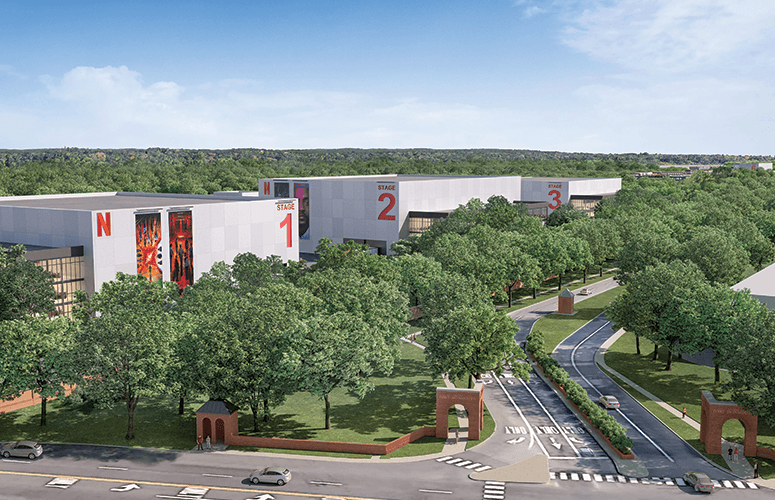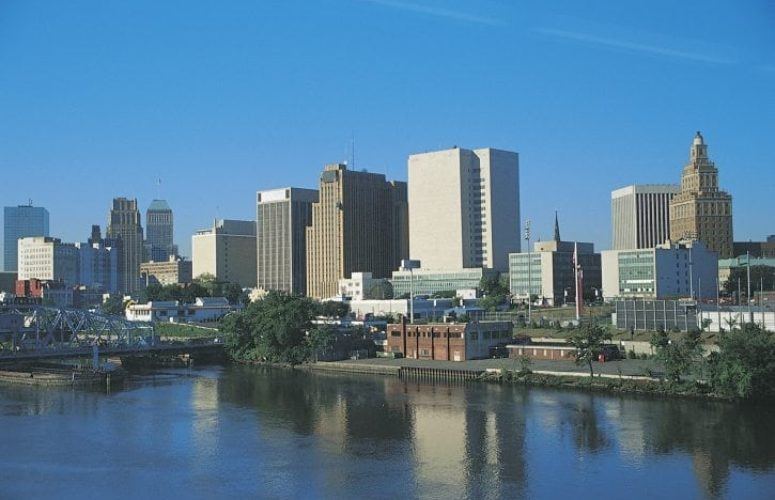
Beyond Tourism: Monmouth County
Game-changing economic development is occurring in Monmouth County … and it’s not just a “shore thing.”
By Larry Feld, Contributing Writer On Apr 8, 2024Economic development in Monmouth County is unlike efforts unfolding in Northern New Jersey. For one thing, tourism plays a greater role in economic activity. Vacationers migrate to the area’s beachside communities, exploding the summer population in places like Belmar from 6,000 year-round residents to nearly 60,000 in the summer months, according to a former mayor.
In 2022, the the New Jersey Visitor Economy report published by Tourism Economics for VisitNJ revealed that Monmouth County attracted 9.2 million visitors who spent a total of $2.8 billion. Considering that tourism also directly supports approximately 22,000 jobs in Monmouth, the industry is also a major employer.
Beyond tourism, Monmouth is thriving as a result of the vitality of small businesses. “Small to mid-sized businesses are our heart and soul,” explains Jodi Hope Grinwald, CEO of the Monmouth Ocean Development Council (MODC), a 300-member business organization that helps connect owners with needed resources. Catering mainly to small businesses, the organization routinely provides events where members meet experts and share best practices.
“Of course, we have universities and several major healthcare systems here, as well as larger accounting and law firms,” Grinwald says.
“Approximately 95% of Monmouth County is small businesses,” notes Monmouth County Commissioners Director Thomas Arnone. “However, we also have large businesses here, including Hackensack Meridian Health, RWJBarnabas Health, and Atlantic Health, as well as Shop-Rite and Food Circus supermarkets,” he says.
Because of this reality, most development resources focus on helping small businesses become better networkers and marketers.
“We know small businesses have limited funds and time,” says MODC’s Grinwald. “We are dedicated to enhancing the quality of life for businesses through advocacy, collaboration, and education.” This includes holding seminars on hot topics like AI, as well as bringing in government officials to speak. MODC also acts as a connection to statewide organizations like the New Jersey Business & Industry Association (NJBIA).
Meanwhile, at the Monmouth County Commissioners, marketing is a top priority. “We started with Grow Monmouth,” recalls Arnone, referring to a program that offers business advocacy services to assist companies in navigating red tape at various levels of government. In 2013, the commissioners also introduced the Grow Monmouth Façade Improvement Program. According to Arnone, businesses in HUD-eligible areas can apply for a grant of up to $1,850 for facade upgrades, including updated signage, painting, or new awnings.
Since then, the county has created spin-offs, including Made in Monmouth, Grown in Monmouth, and more recently, Brewed and Distilled in Monmouth. The Made in Monmouth program, originated in 2012, produces a business trade show held twice a year at Brookdale Community College. The venue is an inexpensive opportunity for local wineries, crafters, and small manufacturers to show off and sell their products and services. Open to the public, the show draws hundreds of visitors each year. “It’s been a great success,” Arnone says.
Another more recent effort is Brewed and Distilled in Monmouth. The promotion includes a shared logo and a website (brewedanddistilledinmonmouth.com) and promotes the county’s growing list of 33 breweries, distilleries, and wineries, as well as mapping local restaurants and taverns that serve their products. An events page gives visitors a heads-up on upcoming happenings.
Similarly, Grown in Monmouth features a website and branding created to promote the county’s agriculture businesses. “Supporting our agricultural industry is a vital part of our success in the county and our local restaurant businesses,” Arnone says.
The county is also using resources for redevelopment. One upcoming project is a parking structure in Middletown. “We are potentially doing an infrastructure partnership with Middletown to help enhance its redevelopment in the Belford section,” Arnone says.
Fort Monmouth Redevelopment
What do you do when the Department of Defense closes a one-hundred-year-old military base on 1,124 acres of land in your county, replete with landfills, asbestos-laden buildings, and crusty old infrastructure? Well, if you are in Monmouth County, you turn military lemons into civilian lemonade.
After being abandoned in 2011, the Fort Monmouth property was transferred from HUD to a new redevelopment entity known as FMERA, short for the Fort Monmouth Economic Revitalization Authority. The authority consists of a 13-member board of directors. The board makeup includes the mayors of the three surrounding municipalities as well as county and state officials.
“We’ve already sold 34 properties,” notes Kara Kopach, executive director of FMERA.
While interest in the proposed NETFLIX sound studio garners much of the public’s attention, transforming the massive parcel is so much more than just a movie studio. With nearly 86% of the land already under contract, in development, or completed, Kopach relates that the transformation is well underway.
“RWJBarnabas is constructing a huge healthcare campus here. We also have Trinity Hall, an all-girls private STEM high school here, as well as a few tech companies and defense contractors. Some municipal and county services are already here as well. For example, Oceanport has its entire municipal campus here,” Kopach says.
The NETFLIX parcel will consist of about 292 acres. Expected to be built in two phases, the project is still moving through planning and approvals. However, Kopach is optimistic it will be completed as planned. “Phase one takes down all the blight within the first 24 months after closing,” she explains.
Phase one construction includes the creation of up to 12 sound stages, as well as the required buildings to support those sound stages, including facilities for hair and makeup, catering, and backlot space for set design. In total, phase one is expected to generate approximately $800 million in investment from NETFLIX.
Completing the campus is expected to be an additional $50 million investment. Phase two will create various ancillary buildings needed to support the sound stages. “They expect to have production support offices for Netflix employees. The campus might also have offices to support the individual films or show series being filmed here,” Kopach says, adding that there may also be other retail and hotel opportunities within their campus.
“It’s going to be a game-changer for that area,” Arnone predicts.
To access more business news, visit NJB News Now.
Related Articles:





